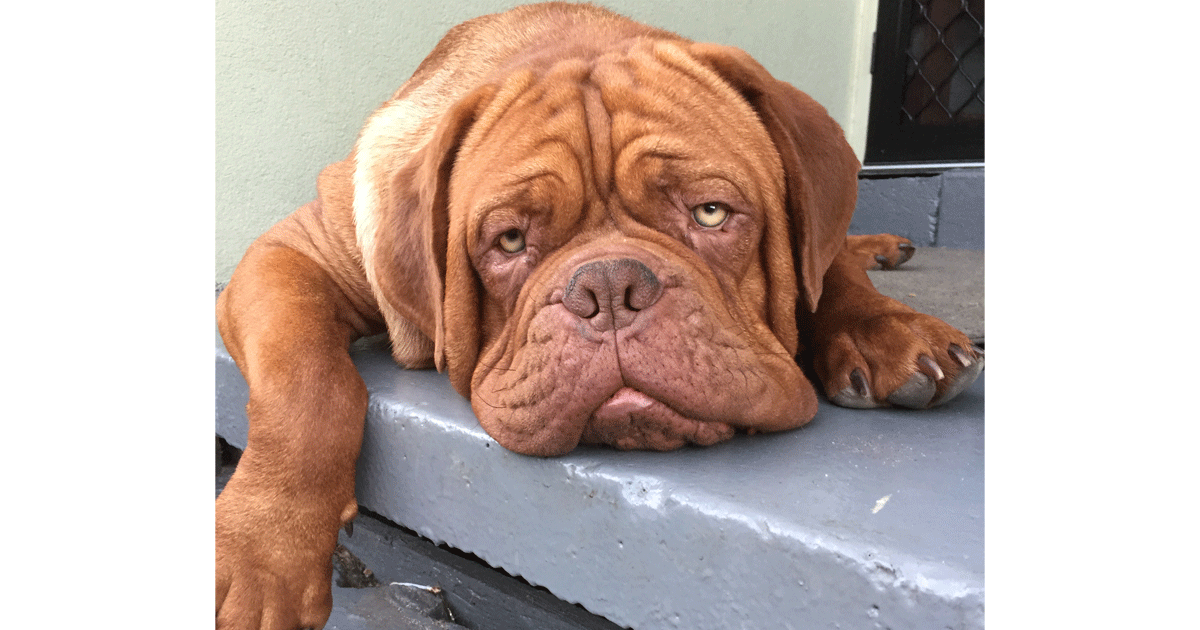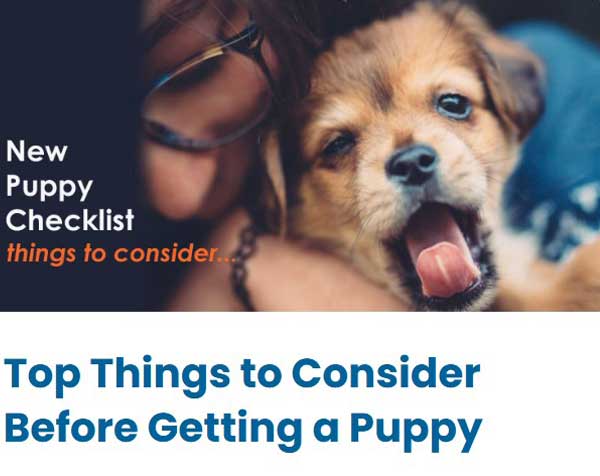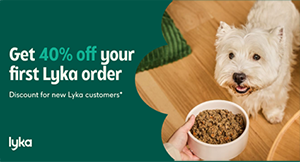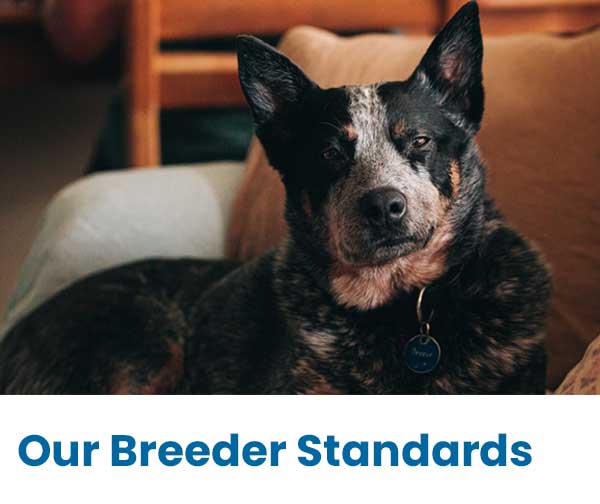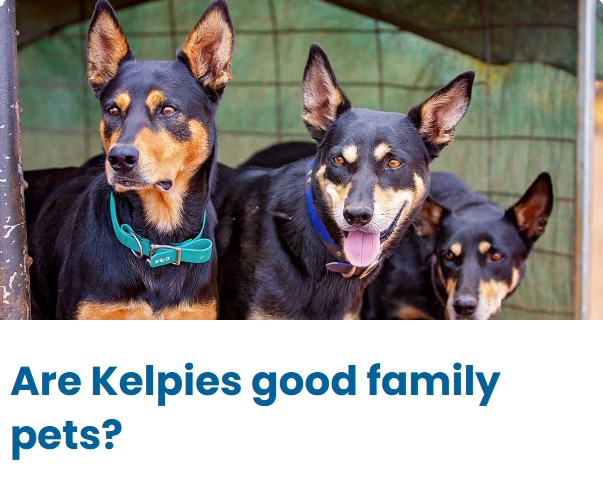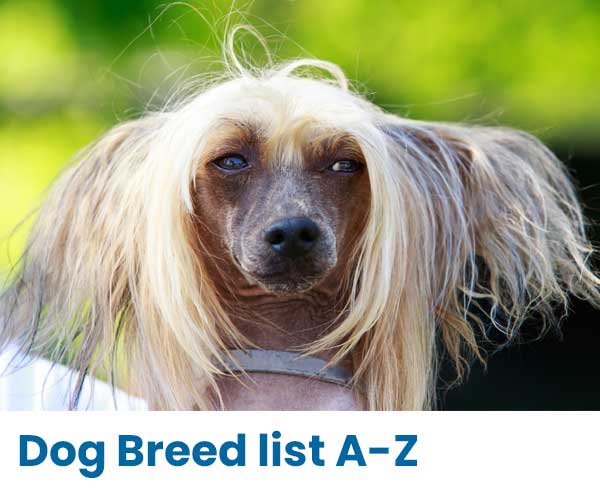Dogue de Bordeaux breed guide
The Dogue De Bordeaux is one of the most ancient French breeds, almost nearing extinction after World War 2. Dogues were first imported to Australia in the 1990’s.
Dogue de Bordeaux Temperament & Training
Dogues are loyal to their humans, lazy, easy going, social and adaptable to any outings or activities as part of your family. They are affectionate, calm and balanced. The ideal owner is someone who wants to spend time and care in training. Puppy school and socialisation is a good basis for training your Dogue. Overall, Dogues are highly intelligent, quick learners and easy to train.
How much space and exercise does a Dogue de Bordeaux need?
Space and exercise is always good for any dog, however they are not a breed that needs excessive exercise. They require average amount of exercise and love a swim or walk round the block. Very important not to exercise in the heat of the day, always providing them with shade and clean drinking water. Companionship is what they crave most.
Dogues and grooming
They are an easy care breed having a short fine coat and only needing a brush once a week and a bath once a month or when required.
General facts about Dogues
Average life expectancy: 10-12 years
Average weight: Females: 45 kg, Males: 50 kg
Average height (at withers): Females: 58-66cm, Males: 60-68cm
Potential health Issues in the Dogue de Bordeaux
Responsible breeders will health test all of their dogs for hereditary diseases and problems. The Dogue de Bordeaux Club of Australia strongly recommend that you only purchase from health tested parents, and if possible grand-parents.
Hip and Elbow Dysplasia: As with most large breeds, the Dogue de Bordeaux can suffer from both of these painful conditions that can be due to genetic and/or environmental factors. Hip dysplasia can lead to lameness and arthritis and responsible breeders will hip score to ensure suitability prior to breeding. Always ask for hip scoring reports and seek advice from your vet or an experienced breeder or club to interpret the reports.
Elbow dysplasia is just as common as hip dysplasia and while not discussed as often, it is just as important. In deep chested breeds like Dogues, most of the body weight is carried over the front of the body on the forelegs. A dog with elbow dysplasia can suffer lifelong pain and discomfort. In some cases dogs simply cannot carry their weight and are euthanazed due to crippling displaysia. The true cost of not taking health testing seriously can mean a life of pain and heartache, for you, your family, and your dog, not to mention thousands of dollars in veterinary bills. The cost of joint replacement is around $6000.
The Dogue de Bordeaux Club of Australia urges that all owners and breeders place as much importance on Elbow Scoring as Hip Scoring. After all the dog does have FOUR legs.
Eye Entropion: The wrinkled face characteristic of the Dogue can lead to issues with entropion (rolled-in eyelids). The condition can lead to irritation or injury of the eyeball. Signs of entropion can include rubbing or scratching the eye area. Entropion can be treated surgically if necessary.
Bloat: Care should also be taken to avoid feeding Dogues immediately after exercise as, like many large-chested breeds, the Dogue de Bordeaux can also be prone to bloat - twisting of the stomach, which can lead to death. After exercise don't supply them with excessive amounts of water. Ensuring they always eat from an elevated bowl can also help reduce the risk of bloat.
Other issues: Cancer and heart disease are often cited as major causes of death in the Dogue de Bordeaux. The breed also has a high rate of developing liver tumours and other cancers. Regular veterinary checks are recommended.
DNA Testing: DNA testing for the Dogue de Bordeaux is limited and does not cover all the genetic diseases potentially affecting the breed. Tests are available for Degenerative Mylopethy (DM), Canine Multifocal Retinopathy (CMR1) and Hereditary Footpad Hyperkeretosis (HFH-B). These conditions are rarely seen in the breed.
Fun Facts about Dogues
Dogues love to go swimming with you. Take great walks along the beach or in the parks. Each Dogue has their own personality and will only give you great enjoyment.
Thanks to Tracey O'Connell - Rumetumove Kennels - for help with this breed information and photos.
If you are a small scale ANKC registered breeder and would like to be listed here, just contact us or follow a few simple steps to add your details yourself.
We welcome helpful comments and contributions to information about this breed by email

